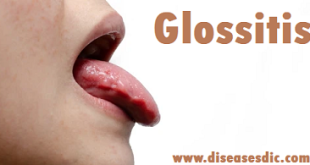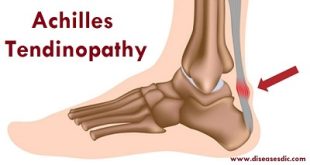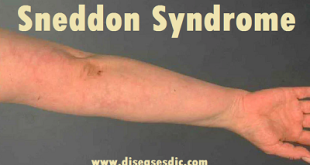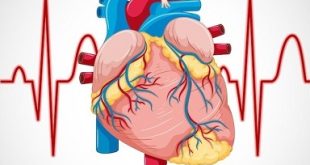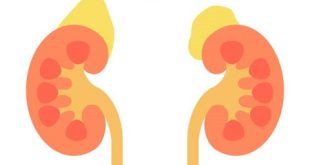Definition Glossitis refers to inflammation of the tongue, wherein it displays prominent swelling similar to ulcers on the tongue, apart from unusual colour changes and abnormal texture on its surface. In grave instances, the tongue becomes vastly enlarged, making it difficult to speak clearly and swallow food. The tongue is a vital …
Read More »Micrognathia – Types, Causes and Treatment
What is Micrognathia? Micrognathia is a condition where the jaw is undersized. It is also sometimes called “mandibular hypoplasia”. This condition is common during infancy. It however is usually self-correcting during growth with a gradual increase in the size of the mandible to normal size. Since the jaw size discrepancy …
Read More »Separation Anxiety Disorder – Causes, Symptoms and Treatment
What is Separation Anxiety Disorder? Separation anxiety disorder (SAD) is defined as excessive worry and fear about being apart from family members or individuals to whom a child is most attached. Children with separation anxiety disorder fear being lost from their family or fear something bad happening to a family …
Read More »Colles Fracture – Types, Complications and Treatment
Definition Colles Fracture is a complete fracture of the radius bone of the forearm close to the wrist resulting in an upward (posterior) displacement of the radius and obvious deformity. It is commonly called a “broken wrist” although the distal radius is the location of the fracture, not the carpal bones of …
Read More »Achilles Tendinopathy – Types, Causes and Treatment
What is Achilles Tendinopathy? Achilles tendinopathy (common overuse injury) refers to a combination of pathological changes affecting the Achilles tendon usually due to overuse and excessive chronic stress upon the tendon. It can be seen both in athletes and non-athletes. It may or may not be associated with an Achilles …
Read More »Sneddon Syndrome – Classification, Symptoms and Treatment
Definition Sneddon syndrome is a rare, progressive condition that affects blood vessels. It is primarily characterized by livedo reticularis (net-like patterns of discoloration on the skin) and neurological abnormalities. Symptoms may include transient ischemic attacks (mini-strokes) and strokes; headache; dizziness; high blood pressure; and heart disease. Reduced blood flow to …
Read More »Wolff-Parkinson-White Syndrome (WPW) – Types, and Treatment
What is Wolff-Parkinson-White Syndrome? Wolff-Parkinson-White syndrome is characterised by attacks of rapid heart rate (tachycardia), which is shown in an electrocardiogram (ECG). In some people the ECG abnormality may be present without any symptoms such as tachycardia. The heartbeat is regulated by electrical impulses that travel through the atria (upper …
Read More »Conn’s Syndrome – Types, Complications and Risk factors
Definition Conn’s Syndrome means the adrenal glands produce too much of the steroid hormone aldosterone, which helps regulate sodium and potassium excretion. The adrenal glands are two small triangular glands, one on top of each kidney. This condition, also called primary aldosteronism, results from overproduction of aldosterone by one or …
Read More » Diseases Treatments Dictionary This is complete solution to read all diseases treatments Which covers Prevention, Causes, Symptoms, Medical Terms, Drugs, Prescription, Natural Remedies with cures and Treatments. Most of the common diseases were listed in names, split with categories.
Diseases Treatments Dictionary This is complete solution to read all diseases treatments Which covers Prevention, Causes, Symptoms, Medical Terms, Drugs, Prescription, Natural Remedies with cures and Treatments. Most of the common diseases were listed in names, split with categories.
